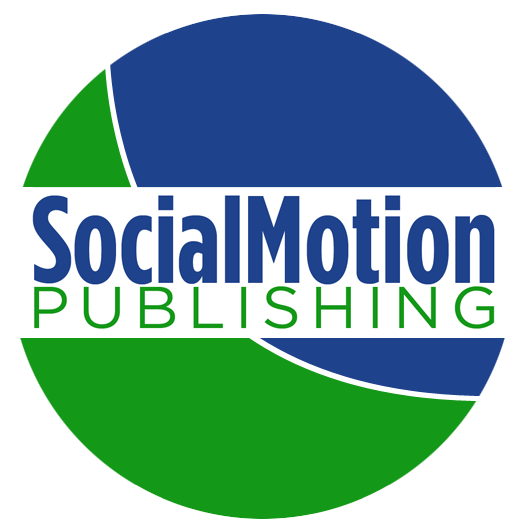Short answer: No; traditional publishing and self-publishing are very different things. The question is a bit like asking, “Is playing bassoon a retrograde step for a serious violinist?”
Long answer:
I’ve been significantly and professionally involved in both, and I can tell you firsthand that trade publishing and self-publishing aren’t as comparable as people seem compelled to make them.
And neither is a step on the same ladder.
When you self-publish (at least seriously), you are taking on a far larger endeavor than signing with a trade publisher. In the latter, you are an author, pure and simple. With that comes your writing and rewriting responsibilities and all the promotional effort you can muster. When you’re a self-publisher, you’re all that *and* running the business of publisher. You’re responsible for everything. You can’t whine that your editor did this or your publisher did that. All the outcomes fall back on you. Yes, you can (and should) enlist a team of professionals to support you in editing, design, proofreading, etc. — but as with any business owner, the buck stops with you. You have 100% final approval and authority.
On top of all that, you as “author-publisher” are taking all the financial risk. An author with a trade publisher has effectively consigned almost all of the financial risk to the publisher (essentially the “investor” in the author’s venture known as the book).
So really, to compare both as serious endeavors, self-publishing is far more challenging than being an author only. It requires much more skill, time, energy, knowledge, and money — and all with greater risk.
It’s worth noting that a lot of the history of disparagement about self-publishing originated with trade publishers in the 20th century. It was a combination of snobbery, posturing, and business insecurity. In reality, there are dozens of luminaries in self-publishing — Jane Austen, Ben Franklin, Mark Twain, Ernest Hemingway, e.e. cummings, Thomas Hardy, Zane Grey, Alexander Dumas, Edgar Allen Poe, Charles Dickens, T.S. Elliot, and many more, right on up to the current era including “retrograde” self-publishers like Stephen King, JK Rowling, James Patterson, and Margaret Atwood. Even the mega-sellers The Martian and Fifty Shades of Grey were both self-published before landing trade deals.
So the idea that an author is somehow less of a writer, creative, literary, or an accomplishment for self-publishing is completely ridiculous. I’ll grant you there are a plethora of “non-serious” self-publishers out there, but sometimes that’s exactly what they want. Their books are not intended to be bestsellers, sometimes instead meant for niche audiences, legacy works, and other less commercial purposes. Remember, trade publishers don’t sign many great authors and manuscripts simply because it doesn’t make sense within their business model. A viable manuscript in the book market is very different for trade publishing than it is for self-publishing.
Last, because this comes up all the time in the self- versus trade-publishing debate, the ultimate reality is that neither path is the single right answer for all books and all authors. When people ask me which way they should go, it can take me 20 questions in return to determine the best recommendation. And it’s also not a binary choice. As The Martian and Fifty Shades (as well as other books) proved, an author can successfully traverse the two options.
Again, self-publishing and trade publishing are not steps on the same ladder. They’re different ladders.
